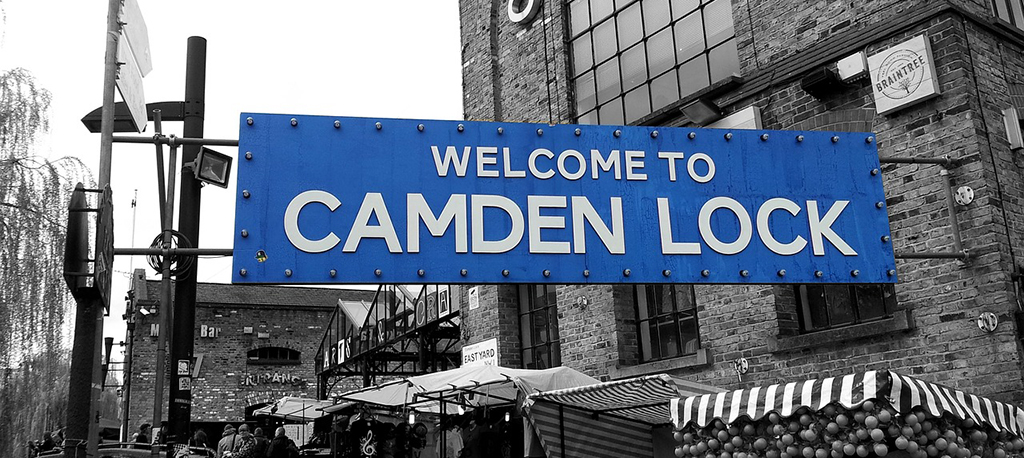Council Basement Requirements
Geoenvironmental • Geotechnical • Regulation
We have briefly touched on the individual requirements of London’s councils for the Site Investigation and Impact Assessment of Basement developments in previous blogs. This blog exams them in more detail.
A typical basement project Site Investigation includes:
- At least one borehole to below the proposed basement depth
- Standard Penetration Testing at regular intervals to below the proposed basement depth
- Standpipe installation to below the proposed basement depth
- At least one groundwater dip reading measurement
- Standard geotechnical laboratory testing for VCP and concrete class
- Contamination conditions must also be considered when planning a SI.
But how do the London council basement requirements vary?

Richmond Upon Thames requires:
- Specific Screening questions answered
- At least one borehole with SPTs extending below proposed basement level. At least one borehole with a standpipe below proposed basement level
- A minimum of two groundwater dips required within a 12 month period to demonstrate seasonality. Good to do additional dips just before excavation and throughout construction
- All walls to be underpinned should have foundation exposures done.

The Royal Borough of Kensington & Chelsea (RBKC) requires:
- Specific Screening questions answered
- At least one borehole with SPTs extending below proposed basement level. At least one borehole with a standpipe below proposed basement level
- However… It requires a minimum of 3 – 6 holes into natural ground for contamination purposes
- A minimum one groundwater dip required if there is an upper aquifer
- All walls to be underpinned should have foundation exposures done.

The City of Westminster requires:
- Specific Screening questions answered
- At least one borehole with SPTs and a standpipe below proposed basement level
- A minimum of one groundwater dip required. It is good to do additional dips just before excavation and throughout construction
- Construction within the Grosvenor Estate must be checked (audited) by engineers appointed by the Grosvenor Estate.

Camden’s extensive requirements:
- Specific Screening questions answered
- A minimum of three holes into natural ground below the proposed basement level in a triangular pattern. At least one borehole with SPTs. Coordinates and elevation required. At least one borehole with a standpipe below proposed basement level
- A minimum of two groundwater dips required. Best to monitor in March/April for GW issues or during periods of heavy rainfall, for surface water issues. Good to do additional dips just before excavation and throughout construction
- All walls to be underpinned should have foundation exposures done
- Qualifications required of contractors: CGeol, CEng MICE, CEng IStructE
- Auditors: Campbell Reith conduct audits across the whole Borough
Due to the potential enhanced risks of vapours, gas and radon in basement structures, some councils have additional requirements beyond geotechnical.
RBKC is very particular about Radon risk and requires that:
- Appropriate Waterproofing should be undertaken in accordance with BRE211:2023 and BS 8102:2022
- Waterproofing and Radon Protection can conflict, and it is recommended that dual protection systems are designed and installed by specialists, suitably qualified in waterproofing and Radon management
The Borough also has specific contamination testing guidance including the number and depth of sampling locations and there are friction points between capping systems and tree protection.
Hammersmith & Fulham (and RBKC) also focus on Vapours
Multiple lines of evidence are required for vapour risk assessments for basement projects, including:
- Soil testing (BTEX/VOCs)
- Groundwater testing (VOCs)
- Ground-gas monitoring and PID monitoring
- Gas cannisters
Ground & Water can help you navigate the minefield
The various tests, investigations, measures and points of compliance are, to say the least, a bit of a minefield. Ground & Water has extensive London Basement experience and suitably qualified ground engineers. So don’t be daunted – especially if your development is in one of the Boroughs with exacting requirements. We know what is needed and can help you navigate through and get you development sorted.
